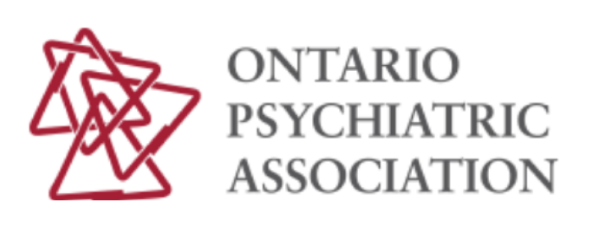Menu
Close

Ontario Psychiatric Association invites general public to join their letter-writing campaign
Feb 29, 2024
The Ontario Psychiatric Association (OPA) invites individuals with lived experience, family members and the general public to join the OPA’s letter-writing campaign to Provincial Parliamentary Leaders regarding the OPA’s Mental Health Law Reform Proposals: https://bit.ly/opamentalhealthlawreform
Ontario’s current mental health laws prevent incapable individuals living with a mental illness who need involuntary inpatient psychiatric treatment, from accessing this treatment when they are not at acute risk of serious physical harm to themselves or others and do not have a history of past response to treatment or/and they are contesting a Consent and Capacity Board’s finding of incapacity to the Superior Court.
The OPA proposes 3 Mental Health Law Reforms:
1. Permit Treatment Pending Appeal under the Health Care Consent Act
2. Remove past response to treatment from Form 3 Box B Involuntary Admission Criteria, under the Mental Health Act
3. Extend a first involuntary admission to up to 30 days, under a Form 3
People with genetic risk factors for psychosis or bipolar disorder may want involuntary inpatient treatment, if needed, should they become unknowingly ill with a risk for substantial mental or physical deterioration. They may want involuntary inpatient treatment to occur before they become a serious physical harm risk and before they experience the consequences of acute mental illness such as unemployment or homelessness.
The OPA’s proposed legislative changes would ensure an individual’s self-determined capable wish regarding involuntary admission and treatment is applied in the event of mental illness, incapacity and risk of substantial mental or physical deterioration. Current mental health laws create restrictions which ultimately deny individuals’ rights to being well, accessing treatment and to self-determination. The OPA’s proposals protect these rights.
Access to mental health care must not be denied to a defined group in society, such as those with psychiatric illnesses with symptoms that impair their awareness that they are ill. Current legislation is overly restrictive.
Please review the OPA’S detailed Reform Proposals and Rationale:
Senator Kirby (2006 Chair of the Standing Senate Committee on Social Affairs, Science and Technology), described the streets and prisons as having become the psychiatric asylums of the 21st century. Persons with mental illness will not receive adequate opportunities for treatment and recovery without significant mental health reform.